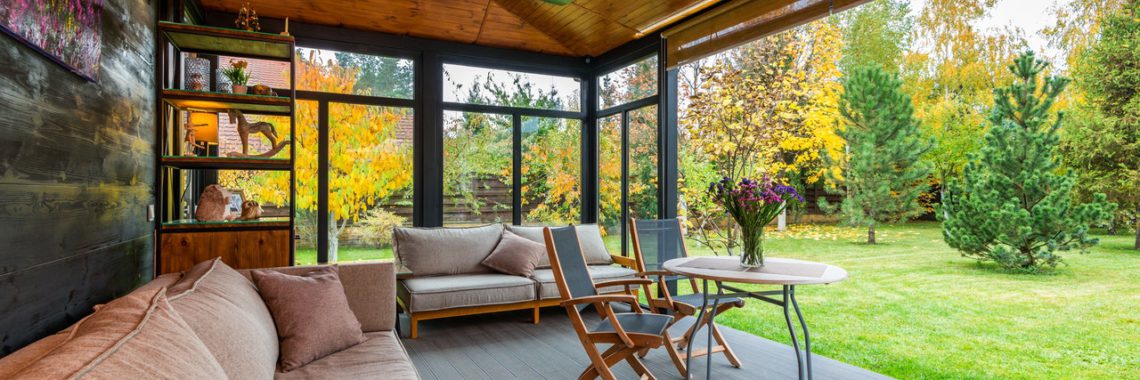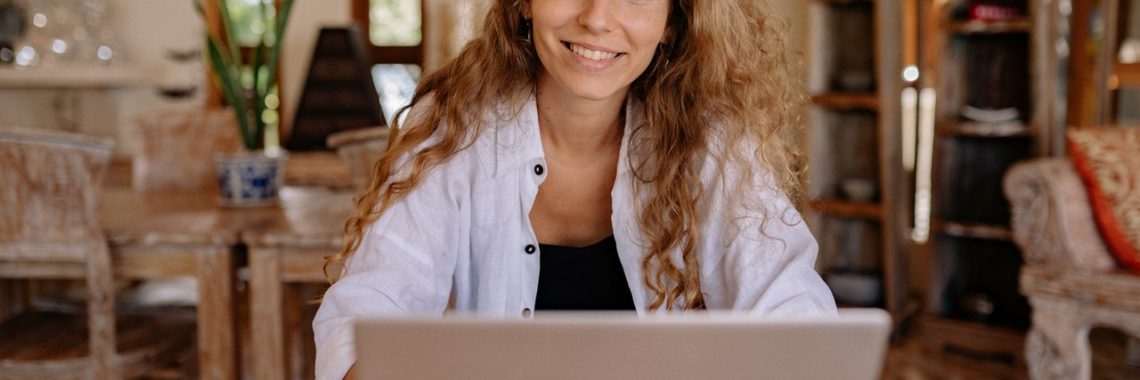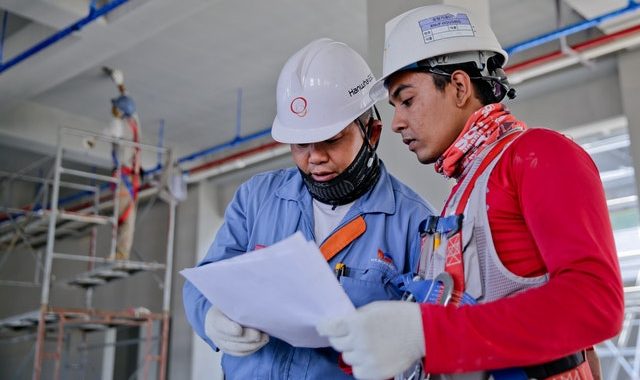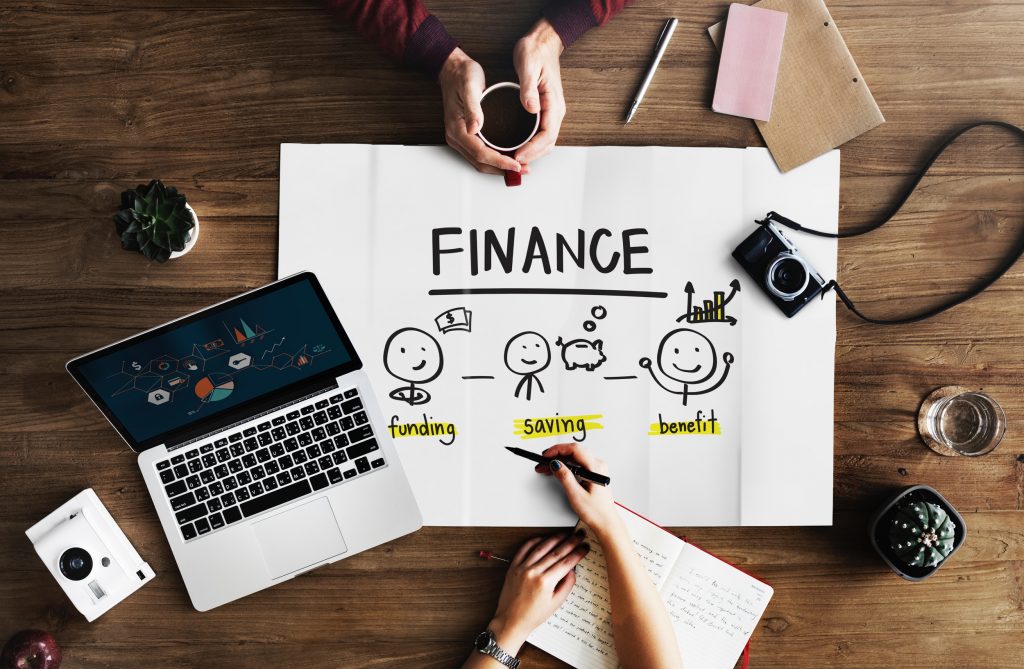Why Conveyancing Matters
Buying or selling property has become one of the biggest transactions most people will ever make, yet many don’t fully understand what goes on behind the scenes to make it happen smoothly. That’s where real property specialists and your trusted conveyancing lawyer come in. These experts manage the complex legal and administrative steps needed to legally transfer property ownership from one party to another. Without this careful process, even the most straightforward property deal could end up delayed, disputed, or worse – invalid.
So, what exactly is conveyancing? In simple terms, it’s the legal work involved in transferring the title of land or property from the seller to the buyer. While the word may sound intimidating, it’s really just a way to describe all the checks, searches, and paperwork needed to protect both parties and make sure the transfer is legally binding.
The process starts once an offer on a property has been accepted. For the buyer, conveyancing ensures you know exactly what you’re purchasing, with no hidden surprises down the track. For the seller, it ensures that the transfer meets all legal obligations and that the settlement process goes ahead without unnecessary complications.

One of the most important parts of conveyancing is conducting thorough property searches. These can include checking the title to confirm that the seller actually has the legal right to sell said property and that there are no encumbrances, restrictions, or undisclosed easements that could affect your use of the land. Other searches might uncover unpaid rates or taxes, planned zoning changes, or caveats lodged by other parties. While some buyers might assume they can skip this step to save time or money, missing it could mean costly legal headaches later.
Drafting and reviewing contracts is another crucial element of conveyancing. A well-prepared contract outlines all the terms of the sale: purchase price, settlement date, conditions of sale, and any special conditions agreed by the buyer and seller. Your lawyer will ensure the contract reflects your best interests and that you fully understand your rights and obligations before signing anything. They can also negotiate amendments if something isn’t in your favour or if new issues arise during the process.
Another important piece is handling the financial side of the settlement. This includes calculating adjustments for council rates, utilities, and other property expenses to ensure that everyone pays their fair share up to the handover date. Your lawyer will also manage the secure transfer of funds and ensure that all the paperwork is lodged correctly with the relevant land titles office.
Communication plays a huge role during this time. A good legal advisor keeps you updated every step of the way, explains complex legal jargon in plain English, and acts as your advocate when dealing with real estate agents, banks, and other parties involved in the transaction. They’ll answer questions you may not even know to ask, like what happens if finance approval is delayed or a building inspection turns up unexpected issues.
Conveyancing isn’t just about buying, either. Sellers also benefit from getting things right. An experienced professional will prepare the contract of sale to ensure that all legal obligations are met, protect you from liability, and resolve any outstanding debts linked to the property. They’ll make sure you’re not signing off on something that could come back to bite you after the settlement.
If you’re wondering whether you really need a professional to handle all this, the short answer is yes. DIY conveyancing kits do exist, but they’re risky. Property law is complicated, and mistakes can lead to financial loss, disputes, or even losing the deal altogether. The cost of hiring a qualified expert is usually a fraction of what you could lose if something goes wrong, making it an investment worth making.
It’s not just individuals who benefit from reliable conveyancing support. Investors, developers, and businesses buying commercial properties rely on thorough legal guidance to handle larger transactions with multiple stakeholders, shared titles, or complex zoning requirements. For them, clear and accurate conveyancing helps manage risk, protect investments, and keep deals on track.
Another reason conveyancing matters so much is that every property is different. Even if you’ve bought and sold several times before, no two contracts or settlements are ever exactly alike. New laws, local council rules, or unique property quirks can throw up unexpected hurdles. Having a trusted advisor means you’re prepared for whatever comes up — and you have someone on your side to handle it quickly and correctly.
Good conveyancing also saves you stress and time. When you’re moving house, the last thing you want is to be stuck on hold with local councils or buried under confusing forms. An expert handles the admin, chases up missing documents, and coordinates with banks and agents so you can focus on packing boxes and planning your new home. Ultimately, conveyancing is about peace of mind. When you’ve worked hard to find the right property, negotiated the deal, and signed the contract, you want to know that your investment is safe and your legal rights are protected. That’s what makes a good conveyancer or lawyer so valuable – they work behind the scenes to make sure that when settlement day comes, the keys really do change hands without drama.
So if you’re about to buy or sell a property, don’t treat conveyancing as a tick-the-box exercise. Take time to choose the right expert who understands what your needs are, communicates clearly, and has a reputation for getting things done properly. With the right support, you’ll enjoy a smoother, less stressful property journey – and you’ll know that your biggest investment is in safe hands.










 The first step in building a personal brand is understanding what you value and how you want others to perceive you. Take a moment to list qualities you admire in others, and then reflect on whether those same traits align with your own goals. Are you aiming for warmth and approachability? Or do you want to be seen as efficient and commanding? Knowing this helps anchor all your decisions—from how you dress to how you speak in meetings.
The first step in building a personal brand is understanding what you value and how you want others to perceive you. Take a moment to list qualities you admire in others, and then reflect on whether those same traits align with your own goals. Are you aiming for warmth and approachability? Or do you want to be seen as efficient and commanding? Knowing this helps anchor all your decisions—from how you dress to how you speak in meetings.
 One key advantage of working with a broker is access to a wide range of lenders. The best mortgage brokers maintain strong relationships with high-street banks and smaller specialist lenders.
One key advantage of working with a broker is access to a wide range of lenders. The best mortgage brokers maintain strong relationships with high-street banks and smaller specialist lenders.
 Maintaining Bird-Proofed Solar Panels
Maintaining Bird-Proofed Solar Panels
 Convenience of MRI Booking
Convenience of MRI Booking Additionally, AR-integrated playgrounds allow children to explore virtual environments superimposed on physical playground structures. They can embark on adventures, solve puzzles, and compete in challenges, all while staying active outdoors. The integration of
Additionally, AR-integrated playgrounds allow children to explore virtual environments superimposed on physical playground structures. They can embark on adventures, solve puzzles, and compete in challenges, all while staying active outdoors. The integration of 
 Best Practices for Installing Vermin Guards
Best Practices for Installing Vermin Guards


 Challenges and Opportunities in the Transition to Carbon-Neutral Bricks
Challenges and Opportunities in the Transition to Carbon-Neutral Bricks
 Understanding Timber Deck Cleaner
Understanding Timber Deck Cleaner








 Another essential factor to consider when trading cryptocurrency is risk management. This can involve setting stop-loss orders, automatically selling the asset if it reaches a specific price, or taking profits at regular intervals.
Another essential factor to consider when trading cryptocurrency is risk management. This can involve setting stop-loss orders, automatically selling the asset if it reaches a specific price, or taking profits at regular intervals.






 Performance Improvement Consultant works with departmental resources in the areas of communication, marketing, multimedia, project management, technology, analytics, and knowledge management. The Performance Consultant evaluates current training programs, measures effectiveness, and makes recommendations for improvement if necessary.
Performance Improvement Consultant works with departmental resources in the areas of communication, marketing, multimedia, project management, technology, analytics, and knowledge management. The Performance Consultant evaluates current training programs, measures effectiveness, and makes recommendations for improvement if necessary.
 When you are running a business for profits you want to see growth occurring and you want to expand. Therefore, when relocating, things like whether the market at the time can support your growth plans need to be considered.
When you are running a business for profits you want to see growth occurring and you want to expand. Therefore, when relocating, things like whether the market at the time can support your growth plans need to be considered.
 Talk To Your Customers
Talk To Your Customers 


 Failure to Plan
Failure to Plan































